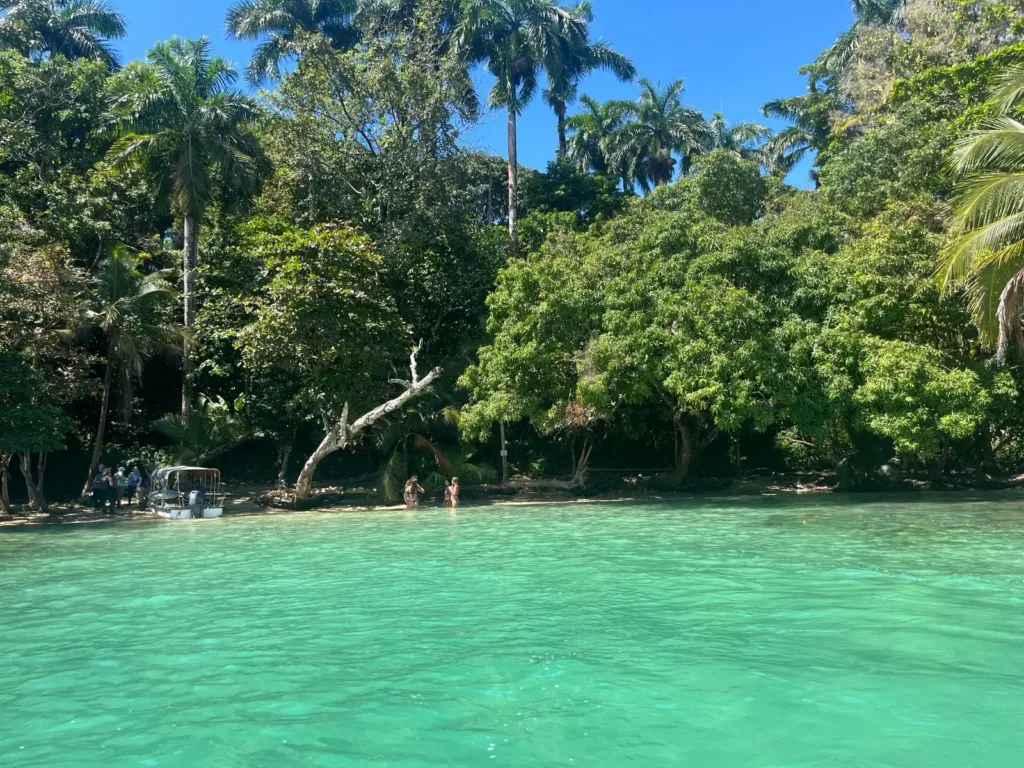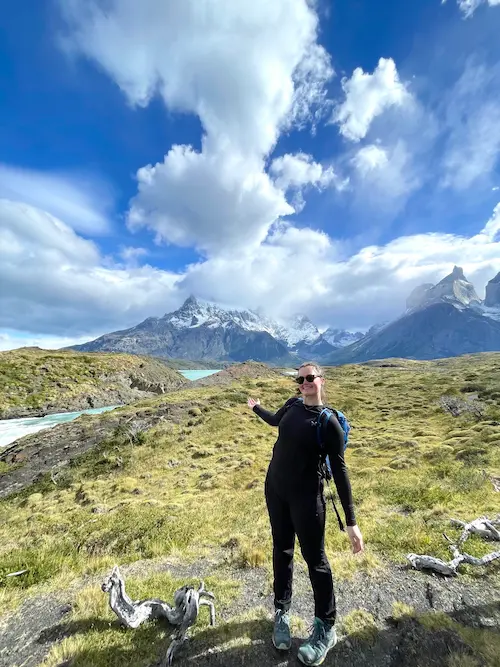
By: Ole Theisinger, PhD
5 Reasons to Study Abroad in Tanzania
Studying abroad in Tanzania is a one-of-a-kind experience. Here are five reasons why:
The wildlife: Tanzania is home to some of the most iconic wildlife in the world. It is home to one of the worlds largest elephant populations. The other big 5, lions, leopards, rhinos, and buffalo are also present. Because of the rich wildlife and picturesque landscapes, around a third of the country is designated as conservation areas and national parks. Game drives in the parks after field work are always exciting because you never know what you’ll see next. From cheetah cubs, to wildebeest, to hippo pools, the wildlife in Tanzania never disappoints.
The food: East African cuisine is delicious! Ugali, a staple food, is corn starch-based and is similar to tofu in that it can be dressed up in any way or stand alone by itself! The fruit in Tanzania is juicy and fresh, and you can expect lots of pineapple, watermelon, passion fruit, and bananas at every meal. For meat eaters, goat roasts are highly anticipated, and for vegetarians, creamy avocado salads and nuts like cashews are excellent sources of protein. Chai is also a popular favorite among Tanzanians and students alike. Milky and extremely sweet, chai is enjoyed as a mid morning or mid afternoon break from chores and work, and piping cups of the tea is happily passed around friends as a way to socialize while resting. Finally, “chips”, the eastern African equivalent of French fries, are available steaming hot on every street corner and are delicious alone or with hot sauce. At any meal, one can expect lots of fruits vegetables and carbs like pasta and bread that satisfy even picky eaters’ palates.
The people: From the first day at camp in Tanzania, we’ve all felt not only safe but also incredibly welcomed by the local villagers and families. Walking into town to visit the tailor or shops, one can expect lots of waves and joyful “Mambos” and maybe a couple of beeps from passing motorcycles who need you to kindly get out of their way. The children scream with excitement when you run by them on a jog and happily run alongside you. Almost everyone you meet is happy to chat and answer curious questions, and any attempts at Swahili are greatly encouraged and welcomed. I’ve enjoyed learning about Tanzania’s culture and history, but nothing compares to experiencing it in real time through my interactions with some unforgettable people.
[well type=”well-lg” class=”arrow-well”]
Interested in exploring some of the world’s most incredible and complex environments? Experience a different kind of study abroad with SFS. Click to learn more!
[/well]
Swahili: Swahili is not only enjoyable, but also practical to learn, considering it is widely spoken not only in Tanzania but throughout all of Eastern Africa. Learning the basics of the language can be done in weeks with a little persistence, and there are plenty of opportunities to practice while interacting with the local people! Some of my favorite Swahili worlds are Nyota meaning star, kupenda (to love) and tembo meaning elephant.
Expeditions: One of my favorite parts about studying abroad in Tanzania has by far been the expeditions. Everyone on campus wakes up early and packs up a sleeping bag, a backpack and camera. We then head out to some of Tanzania’s most Iconic places such as the Serengeti or Lake Manyara to camp and do field work. The days are spent gathering data and field observations on anything from large carnivores like lions to smaller mammals like gazelle. After long hours of worthwhile data collection, the day almost always ends with a sunset game drive back to camp. One thing I’ll never forget is seeing over a dozen lions napping in the road on the way into camp in the Serengeti and having these big cats yawning and stretching mere feet from the car. Spending the night eating dinner by the fire with s’mores and fellow students laughing while telling stories from what amazing animals we saw that day is what I’ll miss the most, and falling asleep to the sounds of hyenas, lions and elephants outside my tent has been surprisingly the best lullaby. Expeditions are what SFS is all about; hands on learning and getting direct field experience in the environments that you’re studying instead of in the classroom. Expeditions in Tanzania are unique experiences that I’ll gratefully look back on for a long time.
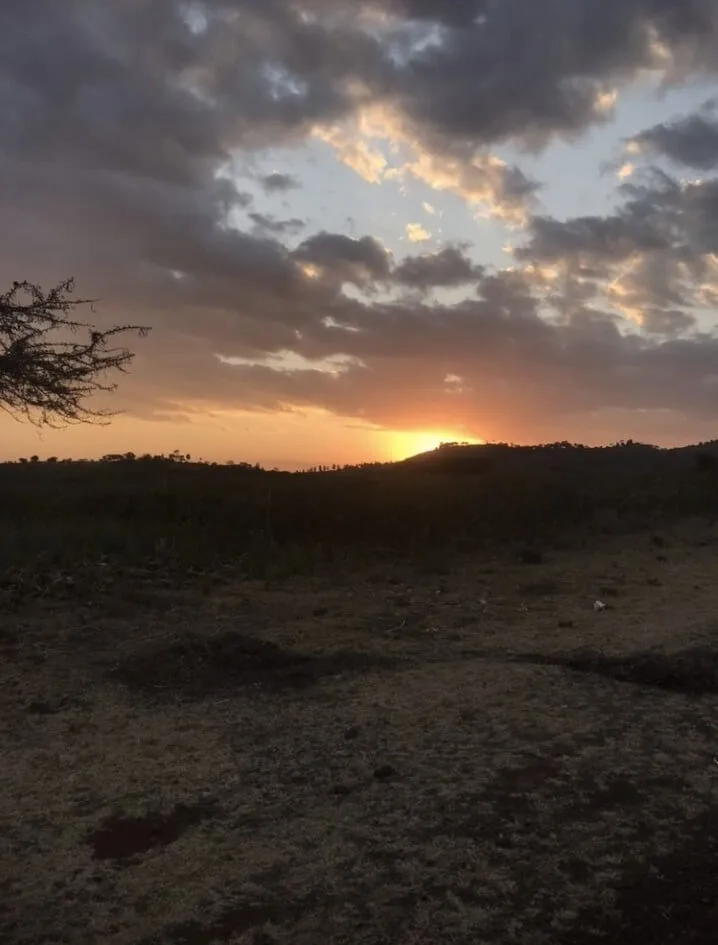
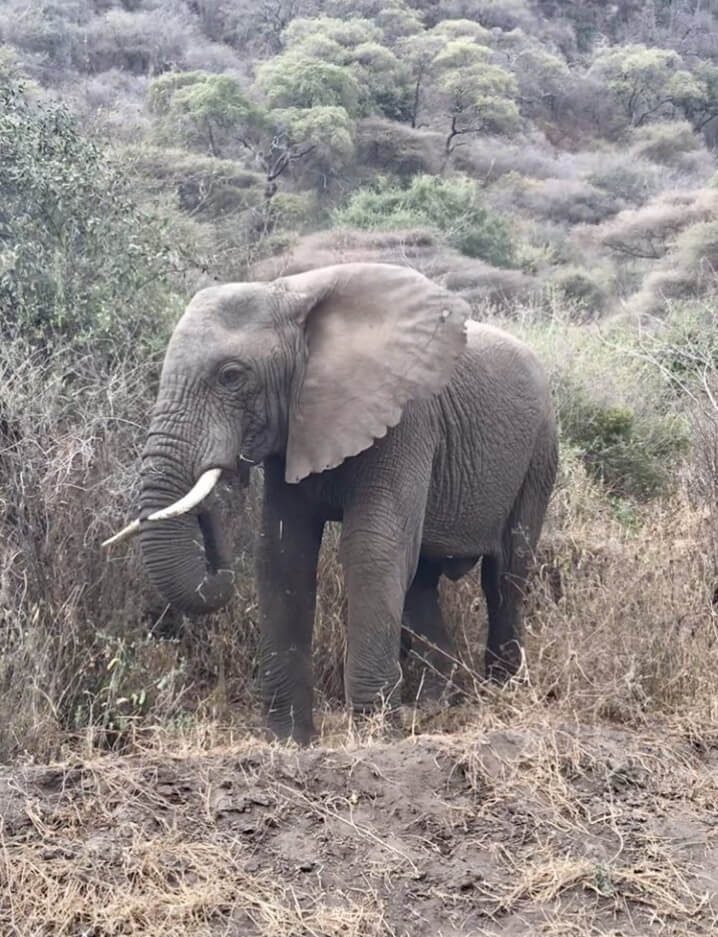
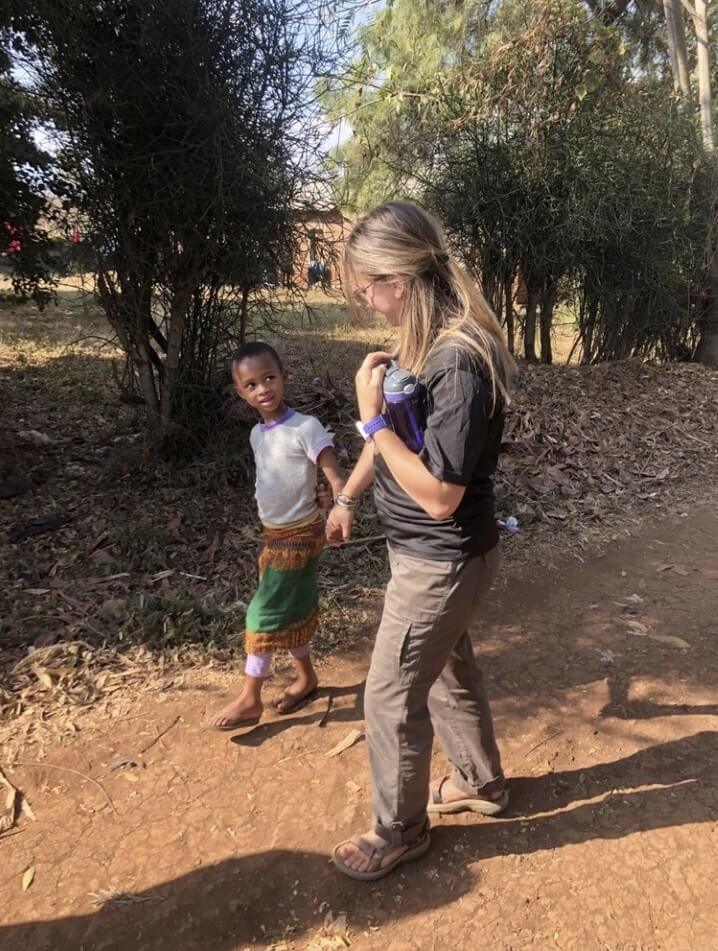
Related Posts

